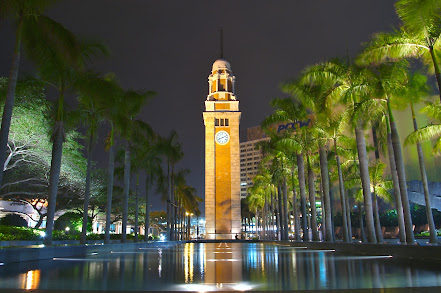ABBOTTABAD

ABBOTTABAD “Exploring Abbottabad: A Guide to Pakistan's Beautiful City” Abbottabad is a beautiful city located in the Khyber Pakhtunkhwa province of Pakistan. It is surrounded by majestic hills and is known for its pleasant weather, lush greenery, and peaceful environment. In this article, we will explore the various aspects of Abbottabad, from its history and culture to its tourist attractions and educational institutions. History and Culture Abbottabad was founded in 1853 by Major James Abbott, a British army officer. It served as a military base during the British Raj and played an important role in the region's history. The city has a diverse population consisting of Pashtuns, Hazaras, Punjabis, and other ethnic groups. The people of Abbottabad are known for their hospitality, and the city has a rich culture that is reflected in its food, festivals, and traditions. Education Abbottabad is home to some of the top educational institutions in Pakistan. The city has a nu...









